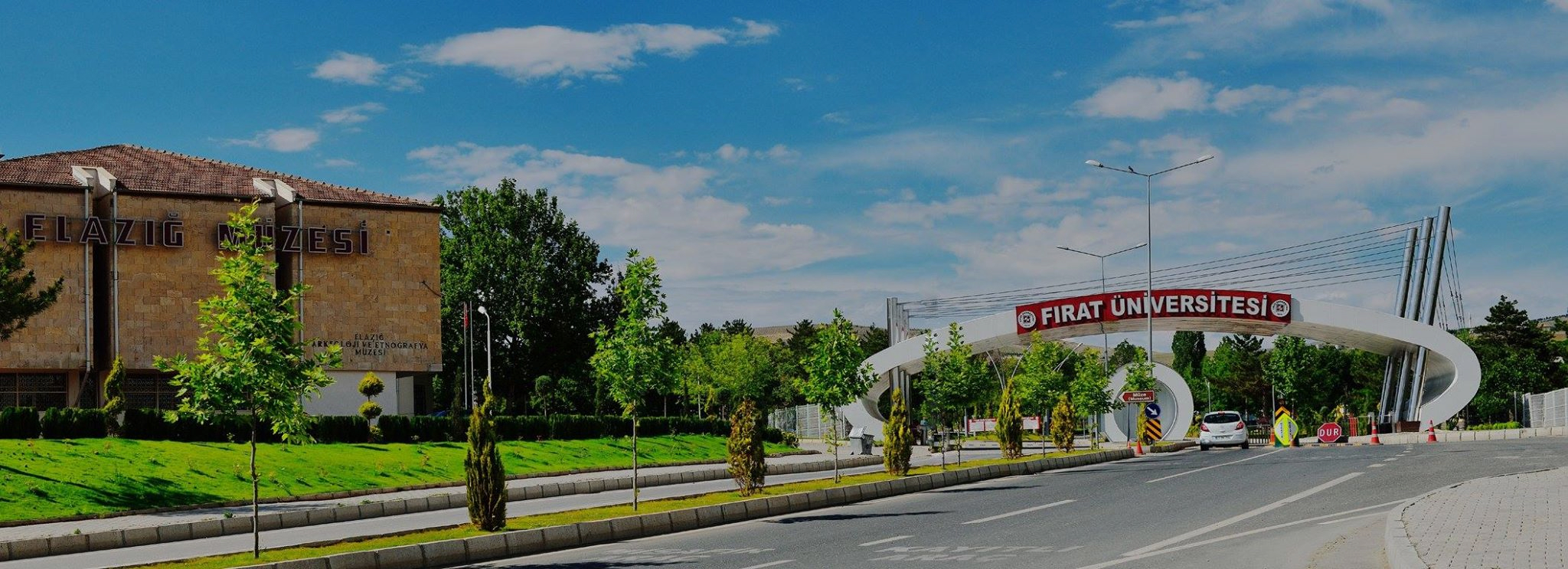
General Information
1. Objective:
To educate mechanical engineers who can work successfully in design, production, application, and R&D in industrial and research institutions by providing undergraduate and in-service training at an international level. These engineers are expected to be creative, have a systematic approach to problem-solving, be inclined toward teamwork, be environmentally conscious, and have awareness of social, economic, and professional ethics, responsibility, and leadership qualities. Furthermore, the program aims to conduct research that ensures the production of knowledge and technology at an international level and to develop solutions to the problems of the national industry.
Our Vision:
To be a department that provides education at an international level, aims to produce scientific knowledge and develop technology, contributes to the improvement of living standards and economic welfare of society, continuously renews itself, and is recognized internationally.
2. The Role of Mechanical Engineering:
Mechanical engineering is one of the fundamental branches of engineering that deals with the mechanical aspects of all equipment and processes, including the development, design, and manufacturing of mechanical devices, engines, and machines. Key areas in mechanical engineering include thermodynamics, heat and fluid science, energy, materials and manufacturing, design and construction, mechanics, and the theory and dynamics of machines.
Daily life applications include automobiles, airplanes, industrial robots, manufacturing machines, lifting and transportation systems, steam, gas, and water turbines, internal combustion engines, jet and rocket engines, heating, ventilation, and cooling systems, construction machinery, and the mechanical components of mechatronics and biomechanical products.
As a core branch of engineering, mechanical engineering offers pathways to specialize in fields such as business, marketing, investment planning, or scientific subfields of mechanical engineering. The profession improves human quality of life and societal welfare through the technologies it develops while being sensitive to social and environmental issues and adhering to ethical values. This program aims to train mechanical engineers equipped with the required knowledge and technologies to meet these needs.
3. Employment Opportunities:
Graduates of the Mechanical Engineering Department have a wide range of employment opportunities. They can work as technical staff, researchers, and managers in various industrial sectors such as aviation, steel, food, textile, machinery manufacturing, automotive, energy, and defense industries in both private and public sectors. Graduates also play significant roles in designing, developing, and producing numerous products with scientific standards, contributing to the national economy and industry as technical experts in collaboration with other scientific disciplines and utilizing computer technologies.
Additionally, graduates have the opportunity to pursue postgraduate studies and work as academicians at universities.
4. Graduation Requirements:
The duration of education is 4 years or 8 semesters. During this period, students must earn a total of 240 ECTS credits. In the 7th semester, they will undertake workplace training (30 ECTS) and complete a total of 48 working days of internship during the summer terms. Consequently, students will spend 7 semesters in the faculty and 1 semester in the workplace. Starting from the 6th semester, students will specialize in either Manufacturing or Energy fields.
5. Internship Activities:
The workplace training for students in the 7th semester will be conducted in organizations within the province. For this purpose, a related unit will be established within the department, and students will work under the supervision and inspection of this unit.
Students will complete their internships during the 2nd and 3rd years as part of industry-based education, lasting no less than 48 working days in total. For this, students must conduct internships in organizations determined either by themselves or the university, which will provide the professional experience needed in their careers. Faculty members will periodically inspect these internships to determine their adequacy.
Before starting the internship, students must submit a petition to the internship committee, specifying the duration and location of the internship. If approved by the committee, the petition will be stamped with "approved" and signed by the committee chair or assistant. This petition must be submitted along with the internship report at the end of the internship.
Internships are conducted during summer terms. Students may complete more than one internship in a summer. Students with fewer courses due to various reasons may complete internships during the academic year on non-class days if approved by the internship committee. Each internship must be conducted in a different workplace. However, with prior permission from the internship committee, multiple internships can be conducted in different departments of the same organization, provided they involve different tasks. This permission is granted only for large organizations with diverse work divisions. Internships can also be completed abroad through official and private channels.
Quick Access